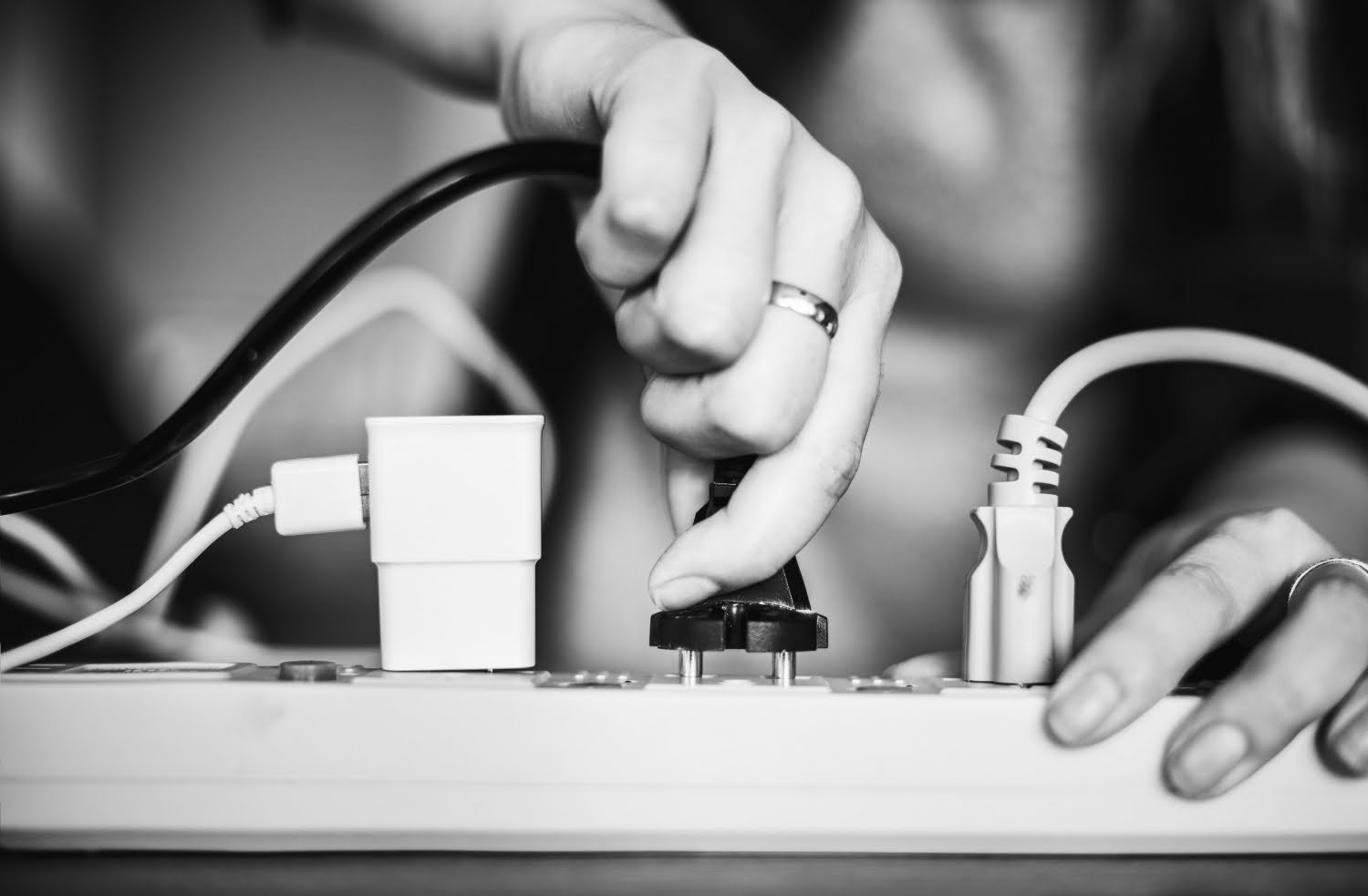
How safe is your home electrical system? Since 20012-2018 there were 9,826 electrical fire incidents in New Zealand. Thankfully, there are things you can do to increase the electrical safety in your home and catch problems before they become dangerous.
Being vigilant can help save you and your family from hazardous electrical situations like hot faceplates, sparking outlets, and overloaded circuits.
Faceplates fit around electrical switches and outlets. If you ever notice they are hot to the touch, it’s important to take action quickly as you likely have an electrical problem. The problem could be that you’ve overloaded the outlet with too many electrical appliances or there is a loose wire. To reduce the risk of an electrical fire, you should turn off the power to that outlet via the circuit breaker box and call an experienced electrician.
If every time you turn on an appliance or a light the circuit breaker trips, it indicates a potentially hazardous problem. The problem could be with the appliance, light switch, or the circuit breaker itself. If you’ve noticed that a circuit breaker has tripped, head back to your electrical panel/switchboard and read the label next to the breaker. This will tell you which section of your home or which large appliance, such as your air conditioner, furnace, or water heater, has caused the problem. If this is the first time the breaker has tripped, it could indicate a temporary overload and it may be safe to reset the breaker. However, if the breaker refuses to reset or continues to trip, it’s best to leave it tripped and call a qualified electrician.
When you flip a light switch, the light should turn on instantly. It should not flicker or fail to turn on. If you notice that you have a light that flickers or doesn’t operate as expected, it could indicate a problem with the wiring, switch, light fixture, or bulb. If replacing the bulb does not fix the problem, you will need an electrician to come out to your home and test the switch, wiring, and fixture.
Extension cords are a temporary solution for when you need to power a tool or have extra light. However, they should not be used as a long-term solution because the cord can quickly deteriorate, which exposes wires and creates a fire risk. You should also never run an extension cord under a rug or carpet or through puddles of water. To eliminate the risk caused by permanent use of an extension cord, consider having new outlets installed in the areas where you need them.
If you are using a power board to create more outlets for your electronics, always read the package instructions. Power Boards should always be plugged directly into the outlet and never an extension cord or power strip. You should never plug a power board into another power board as this could create a dangerous electrical situation. Again, you may also want to consider having more electrical outlets installed instead of using extra powerboards.
If you are worried about the safety and reliability of your electrical system, our qualified and experienced electricians can examine your switchboard, outlets, and switches to determine if any of the components need to be replaced or repaired.
Talk to us today 0800 688 244.



Get in touch to book a job or request free, no obligation advice.
Tell us a little about you and the project and we’ll be in touch, fast!